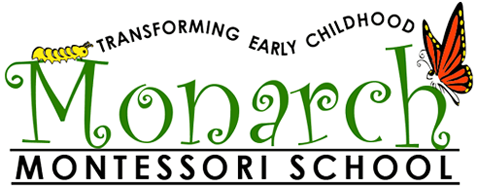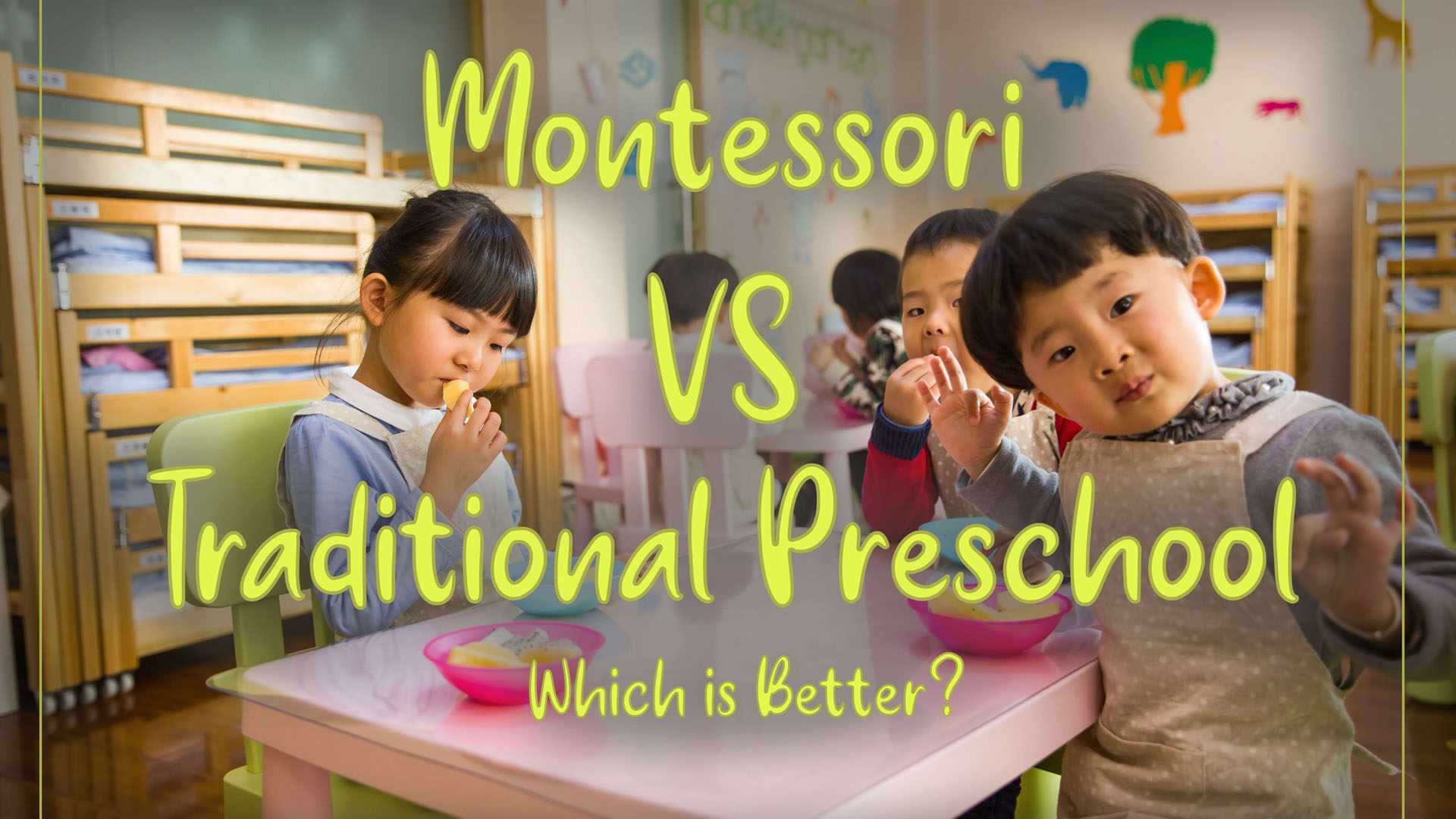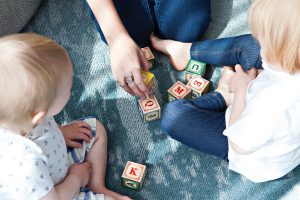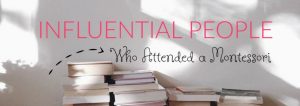Montessori Daycare VS Traditional Daycare
If you’re a parent seeking the best possible start for your child, you’ve probably wondered about the differences between Montessori daycare and traditional daycare. In a world filled with options, you want to choose the path that ignites a lifelong love of learning and fosters independence. We’re here to guide you through the distinct approaches of Montessori and traditional daycare. By understanding their unique characteristics, you’ll be equipped to make an informed decision that sets your child on a path to thrive.
Here at Monarch Montessori, we offer a summer program in NJ for kindergarteners and all kids ranging from 6 weeks old to 9 years old. Feel free to contact us any time to learn more about the amazing summer program and summer activities for kids.
Understanding the Montessori Approach
At the heart of Montessori daycare is the belief that children are naturally curious and capable learners. The environment is carefully crafted to encourage exploration and self-directed learning. Children choose activities that spark their interest, whether it’s mastering the art of pouring water or delving into the world of language through letter sounds.
- Child-led learning: Teachers act as guides, observing each child’s unique strengths and interests.
- Mixed-age classrooms: Younger children learn from older peers, while older children develop leadership skills.
- Hands-on materials: Specially designed materials cater to different learning styles and stages of development.
- Freedom within limits: Children have the freedom to move and explore within a structured environment.
The Traditional Daycare Experience
Traditional daycare often follows a more teacher-directed approach, with a focus on structured activities and a set schedule. While this can provide a sense of routine, it may not always cater to each child’s individual pace of learning.
- Teacher-led activities: Learning activities are typically planned and directed by teachers.
- Age-specific classrooms: Children are grouped with peers of the same age.
- Focus on play: Playtime is often unstructured, offering social interaction and creative opportunities.
- Preparation for traditional schooling: Traditional daycare may emphasize pre-academic skills.
Comparing the Benefits
Both Montessori and traditional daycare offer valuable experiences for young children. The ideal choice depends on your child’s personality and your family’s values.
- Montessori Benefits:
- Fosters independence and self-motivation
- Promotes a love of learning through exploration
- Develops problem-solving and critical thinking
- Encourages a sense of community and respect for others
- Builds a strong foundation for future academic success
- Traditional Daycare Benefits:
- Provides a structured routine and predictable schedule
- Offers opportunities for social interaction and play
- May introduce pre-academic concepts and skills
- Familiarizes children with a more teacher-directed approach
- Can be more affordable than Montessori daycare
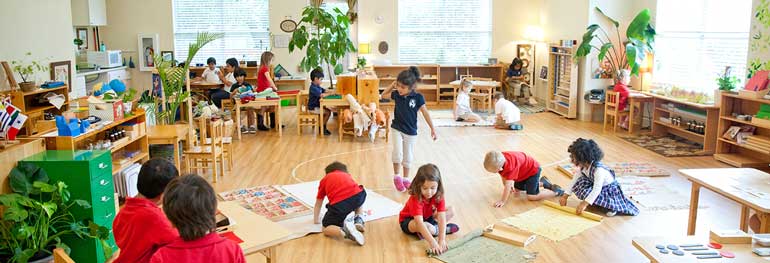
Making the Right Choice: Questions to Ask
As you weigh your options, consider these questions:
- What is your child’s learning style? Does your child thrive in a self-directed environment or prefer more guidance?
- What are your priorities for your child’s development? Do you value independence, creativity, academic skills, or a combination?
- What is the philosophy of the daycare you are considering? Does it align with your family’s values and beliefs?
The Montessori Education Advantage
The Montessori approach offers a distinct advantage by recognizing that each child is a unique learner with boundless potential. Montessori environments are meticulously designed to empower children to explore their interests, make discoveries, and learn at their own pace. The carefully prepared classrooms, filled with thoughtfully curated materials, invite children to engage their senses and intellect.
Guided by passionate and highly trained educators, Montessori classrooms cultivate a love of learning that extends far beyond the early years. Children are not merely taught information; they are encouraged to become active participants in their own education. This fosters independence, critical thinking, and a lifelong curiosity that serves them well in all aspects of life.
Through hands-on experiences, collaborative projects, and the freedom to choose their own path, children in Montessori settings develop a deep understanding of the world around them. They build confidence, resilience, and a strong sense of self. This holistic approach to education nurtures not only academic skills but also social-emotional intelligence, creativity, and a passion for lifelong learning.
Montessori Daycare VS Traditional Daycare
Choosing the right daycare is a significant decision for any parent. By understanding the differences between Montessori and traditional daycare, you can choose a path that aligns with your child’s needs and your family’s values. At Monarch Montessori, we invite you to experience the transformative power of Montessori education.
PRO TIP: Check out Monarch Montessori’s programs for kindergarten program, primary education, and toddler students. They help kids learn and grow in different ways. Don’t miss their Summer Camp and Infant Daycare in NJ for more fun and learning!
Let’s nurture the thinkers, leaders, and innovators of tomorrow together. Contact us today to schedule a tour and see the Montessori difference for yourself!
